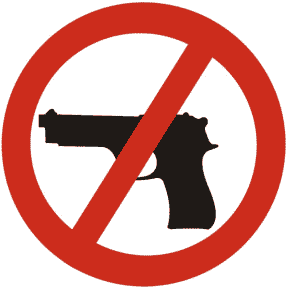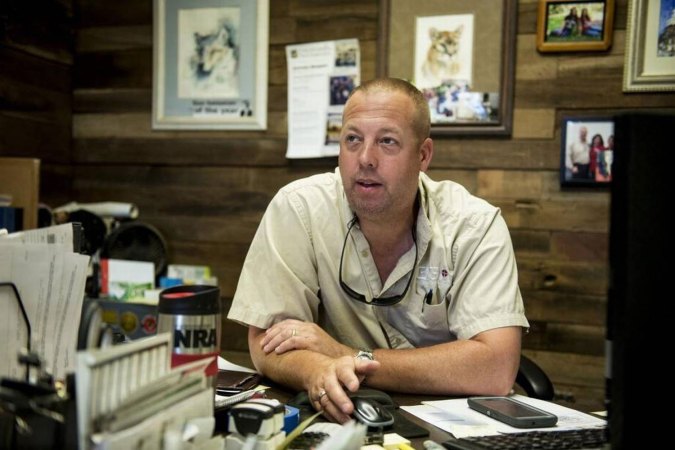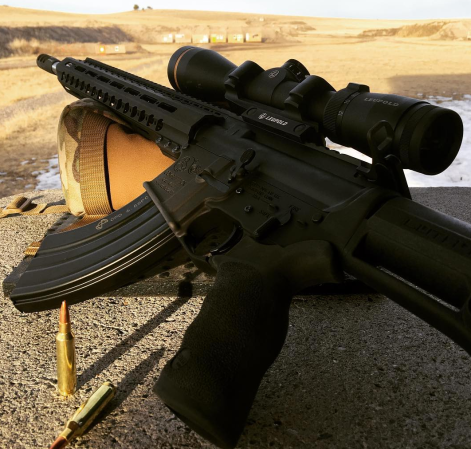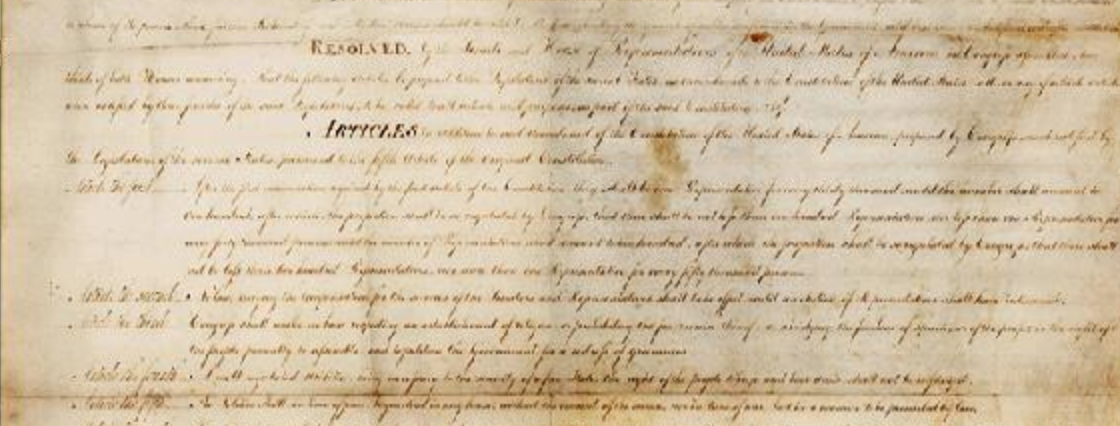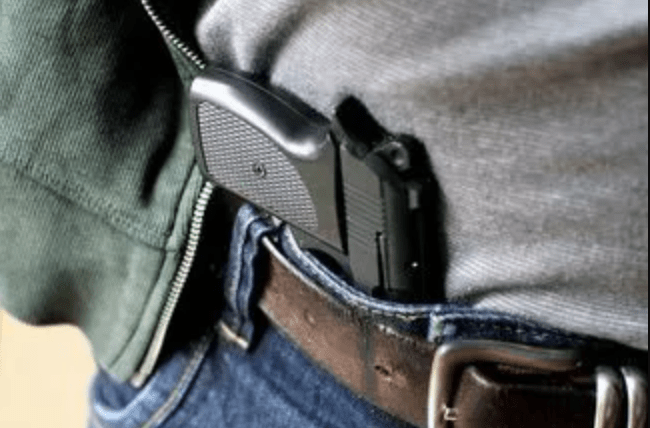We may earn revenue from the products available on this page and participate in affiliate programs. Learn More ›
The Supreme Court’s refusal to hear the Second Amendment Foundation’s constitutional challenge of Maryland’s “good and substantial reason” handgun permit requirement is one of several recent defeats derailing legal efforts to make “shall issue” the law of the land.
The high court on Oct. 15 refused to hear from Raymond Woollard and the Washington state-based SAF, who said Maryland’s “may issue” law violates the Second Amendment by restricting it beyond the doorstep.
The Court’s decision is not, necessarily, a surprise. The same Court only six months ago left a similar New York “may issue” law intact and, in August, a federal district court upheld New Jersey’s requirement in Drake v. Filko that people show a “justifiable need” to get a carry permit.
SAF attorney Alan Gura told the Associated Press that he was disappointed with the court’s decision to not hear his case in Woollard v. Gallagher.
“This was a strong case,” said Gura, who also argued the last two major gun cases before the Supreme Court, District of Columbia v. Heller in 2008 and McDonald v. City of Chicago in 2010.
Gura told Emily Miller of the Washington Times that his firm’s next step in challenging “may issue” requirements is to file a petition in November contesting the 3rd District Court’s ruling in Drake v. Filko.
Maryland is one of six “may issue” states where residents must demonstrate a reason to get a permit to carry a gun in public. Those states include California, New Jersey, New York, Massachusetts, and Hawaii.
According to the AP, Woollard initially obtained a permit allowing him to carry a handgun outside his home after his son-in-law broke into his Baltimore County home in 2002. The permit was renewed once, but Woollard was denied a second renewal in 2009. State officials said Woollard failed to demonstrate any ongoing danger outside his home. Maryland law does not recognize a vague threat or general fear as “adequate reason” for obtaining a permit.
Maryland Attorney General Douglas Gansler said in an Oct. 15 statement that Maryland’s upheld law makes the state “a safer place for families to live and work and allows protections for those individuals who demonstrate the need.”
The Baltimore Sun, in an Oct. 17 editorial, said the ruling demonstrates that 2005’s Heller decision “doesn’t prevent jurisdictions from imposing reasonable restrictions on ownership and conveyance. The Court never said that Second Amendment rights were unlimited or absolute.”
The Sun called the decision to deny Woollard “good news” that “bodes well for the Maryland Firearm Safety Act,” the sweeping gun control law that went into effect Oct. 1 that includes a ban on 45 types of semi-automatic firearms defined as “assault weapons.”
The SAF drew fire from some gun-owners’ advocacy groups for not challenging the right of the state to mandate permits for legally carrying in public.
“The SAF did not challenge the permit requirement, which was also likely a fatal flaw in its case,” writes Charles Nichols, president of the California Right To Carry. “The SAF explicitly disavowed a challenge to the permit requirement and argued that states can ban Open Carry if they want to. Needless to say, the SAF did not seek to openly carry a handgun and this wasn’t the first time the Supreme Court turned down a concealed carry appeal. The Supreme Court has turned down every concealed carry appeal.”
Nichols said the SAF is making a similar mistake in Drake v. Filko. “The SAF does not challenge the permit requirement nor do they seek to carry a handgun openly,” Nichols writes. “It, too, will be denied.”
SAF Founder Alan Gottlieb said the Woollard ruling is “not the end of the line.”
“We have several more legal cases on the right to carry a firearm for self-defense in the pipeline that the high court is aware of,” he told Miller of the Washington Times. “Hopefully they will get to hear one of them in the near future.”
Patrick Shomo, the president of gun rights group Maryland Shall Issue, told Ian Duncan of The Baltimore Sun that the case is “part of a much larger legal debate. He said federal courts have other matters before them that could result in a broader dismantling of firearm restrictions.”
“The other side can wish all they like,” he told Duncan. “There has never been a case where a fundamental right has been affirmed by the Supreme Court and then has withered away.”
The Supreme Court hasn’t considered a Second Amendment case since 2010’s McDonald v Chicago, when it said people have a right to have a handgun in the home for self-defense purposes.
In early October, the Court agreed to take up its first Second Amendment case in three years when it agreed to hear an appeal filed by the NRA that challenges a federal law that bars licensed dealers from selling a handgun to anyone under age 21.
For more, go to:
— MILLER: Alan Gura responds to Supreme Court not taking up Woollard gun carry rights case
— Court Won’t Hear Arguments Against Md. Gun Law
— Supreme Court declines to review Md. handgun carry permits
— Maryland’s concealed carry law stands
— Gun-Carrying Limits Survive as U.S. High Court Rejects Appeal


